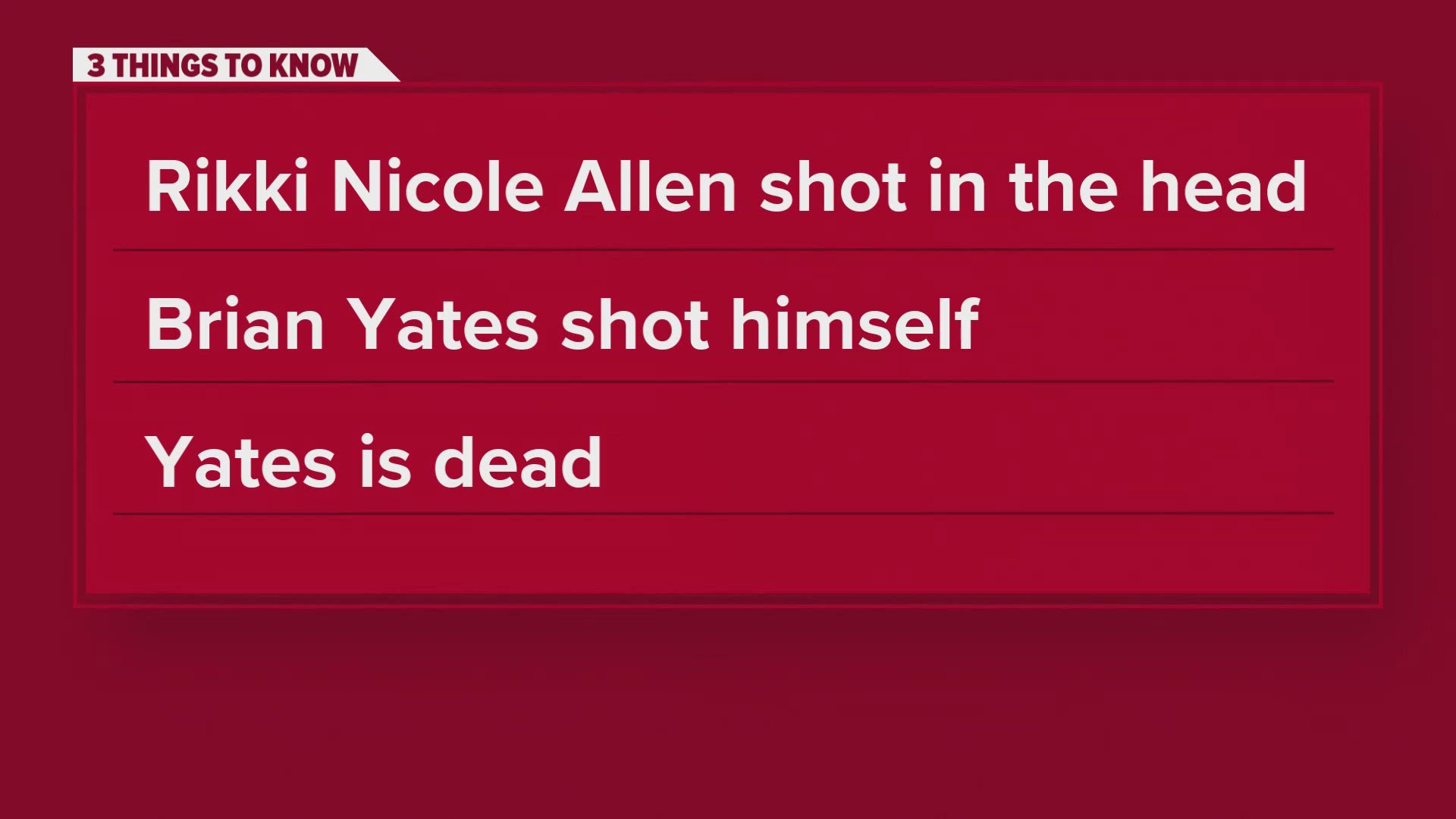KNOXVILLE, Tenn. — Children's clothes hung on a string while students held them on display as they stood together on the University of Tennessee's campus.
The clothes represented the children killed in Gaza; each piece of clothing represented 23 children, the organizers said. According to the United Nations, since Oct. 7, more than 14,000 people have been killed in Gaza, 67% of which are estimated to be women and children.
"We're just here to mourn those lives of the people that died and have people understand that these are also innocent civilians," Suzan Asmar, the president of Students for Justice in Palestine, said.
Even though she's far away from the war, Asmar expressed her concern on how its affecting everyone. She said there's a lot of bias and that she calls on the university to advocate for all students.
"Recently, there's been a lot of threats we've been getting as Palestinian students, or even as Arabs in general," she said. "We painted the rock one time and someone took a picture of it on Facebook and a bunch of people were actually giving us death threats, saying that they were going to be bringing guns to school and calling us all terrorists."
As for the Jewish community, it is different, according to Leah Faupel, the president of UTK Hillel Jewish student organization.
"We have been reassured multiple times that the administration has all of their students best interests at heart," Faupel said.
Faupel is also the president of the American Jewish Committee and on a board with 30 other college students from around the world.
And that's where she sees a problem - across the nation and globally at universities.
"It has been really disheartening to hear in our group chat every single day," she said. "At one of their campuses, there has been an incident where one of my friends has felt unsafe or has been particularly threatened. I think that a lot of administrations have done a really good job in responding quickly. I think now, the issue is just prevention."
Palestinian leaders on campus said the war overseas is complicated and they want to clear up any confusion.
For example, the conflation of terms like Zionism, Judaism, and Israel. Abdalla Husain, advisor for the Students for Justice in Palestine said, these are all three different terms.
"One is a government two, one is a political ideology, and the others are religious ethnic group," Husain said. "We support our Jewish brothers and sisters. We are against the dispossession, the illegal dispossession of homes of Palestinians stealing their homes killing their children. We're against that."
Jake Weinstein, with Jewish Voice for Peace, said what's happened happening in Gaza is really a massacre.
While there are things both sides can't agree on, they do agree they want their voices heard.
"I say a university can support free discourse," Weinstein said. "I say that the people who are standing on the street today are exercising their right to recognize and to speak about what is actually happening."
WBIR asked the university whether they were taking extra steps during this period to ensure safety and inclusion for everyone.
UT responded to WBIR with the following statement:
"Any registered student organization is permitted to invite external groups to campus to participate in the student organization’s free expression activities. The university has rules and policies in place for the safety of our community. Any group that wants to communicate on campus must follow these rules and policies."
Asmar said it's important to feel safe while on campus.
"We're asking you just to feel like our voices are heard too and that we have a safe place to go to whenever we're struggling with anything," Asmar said.



